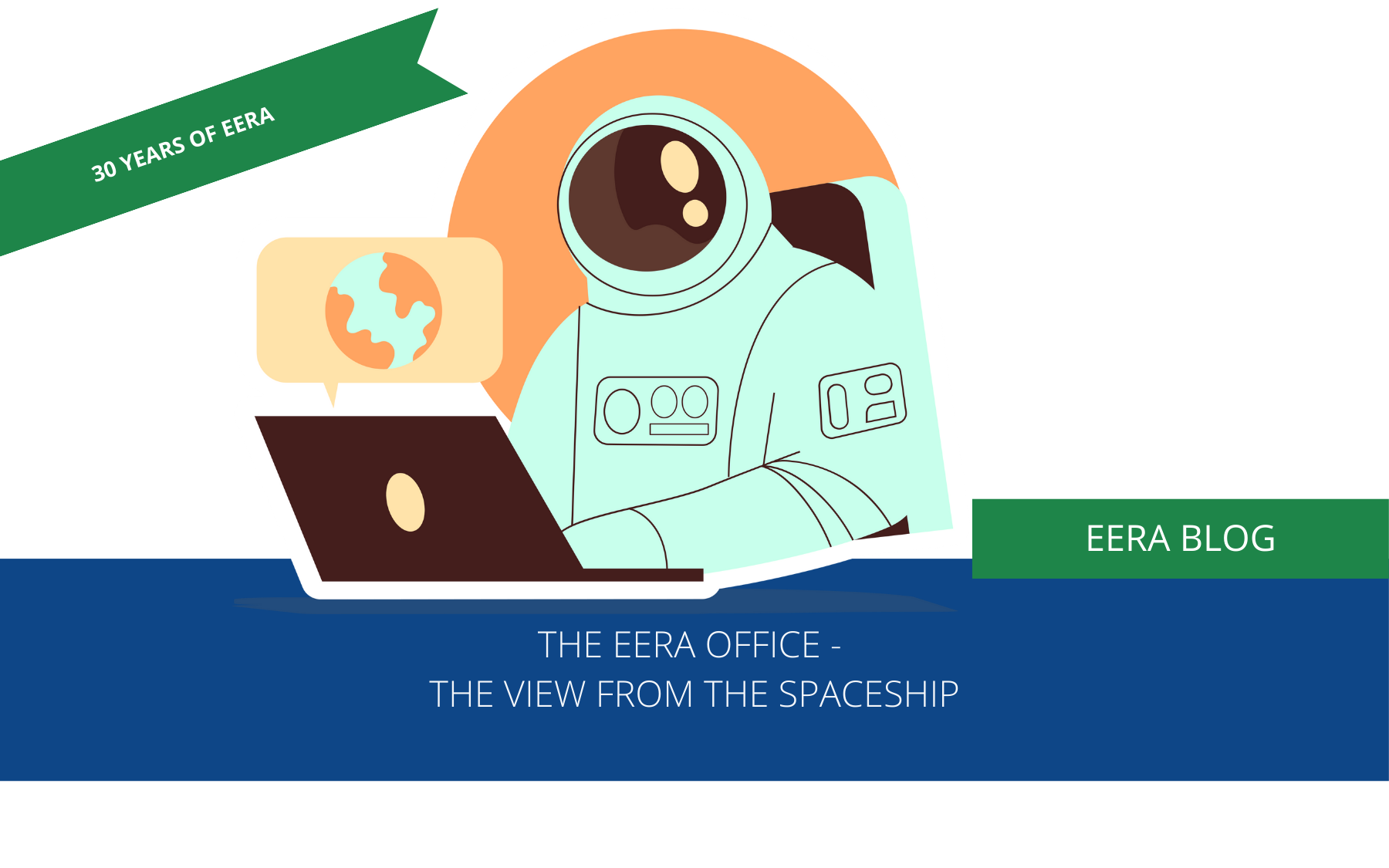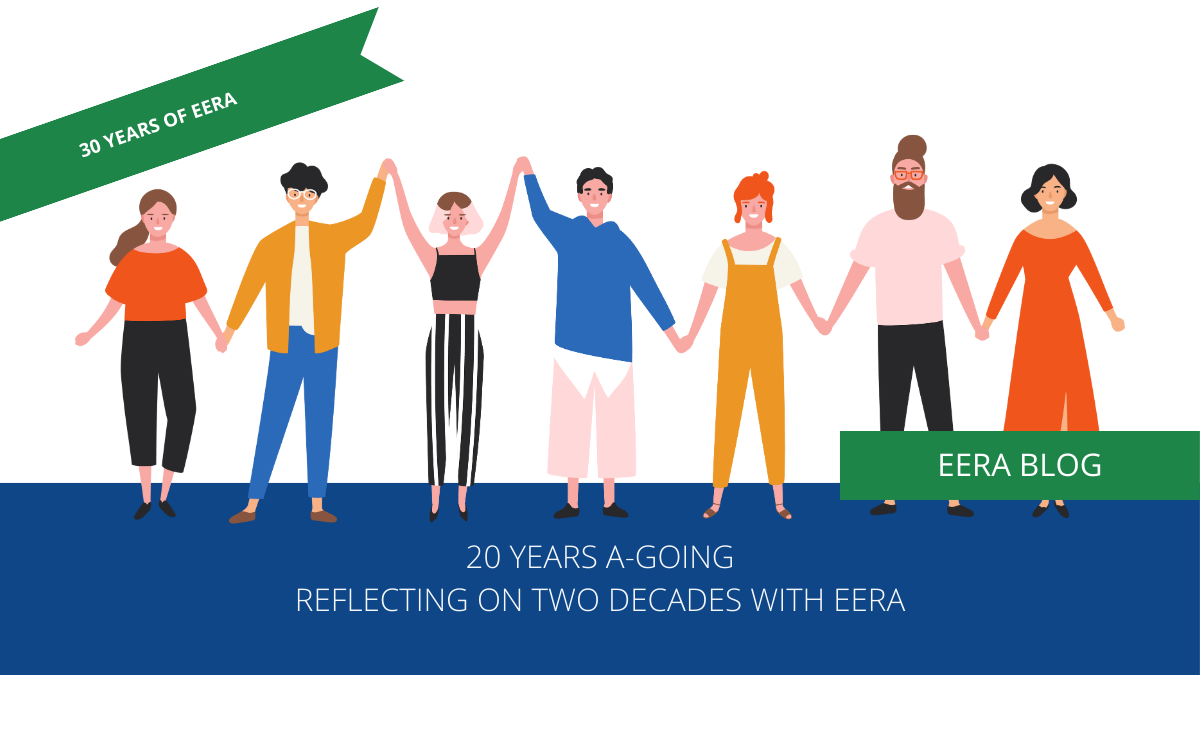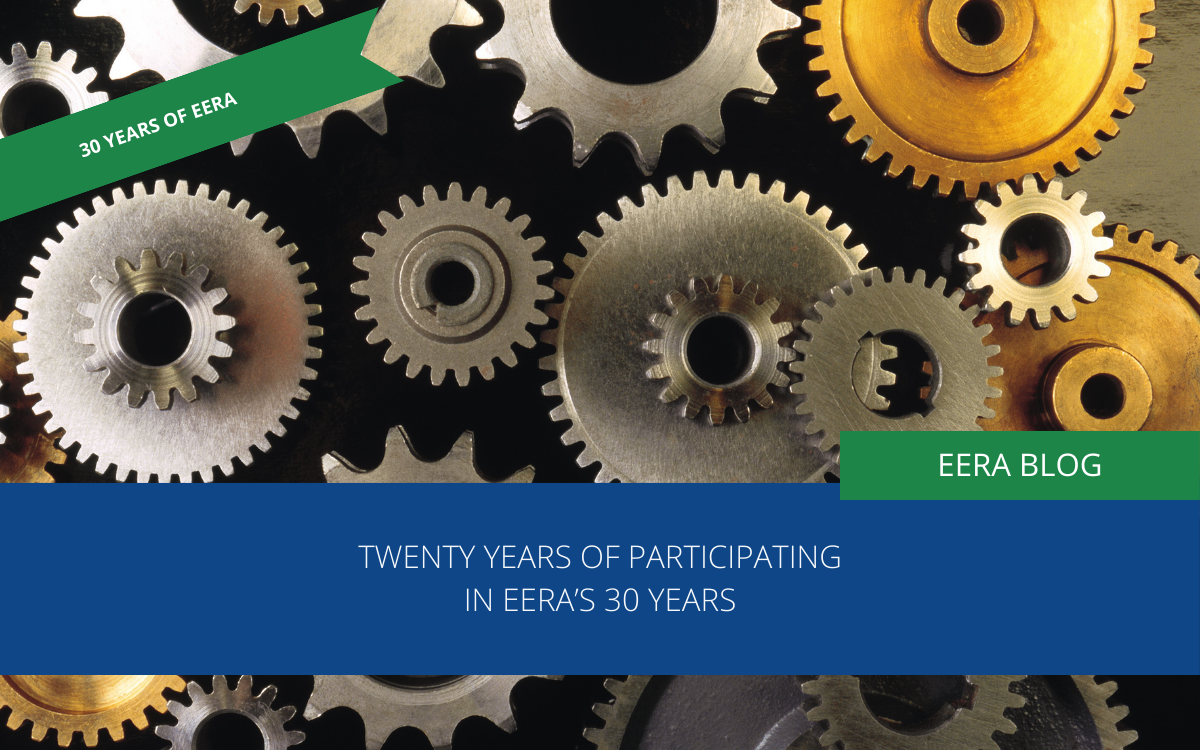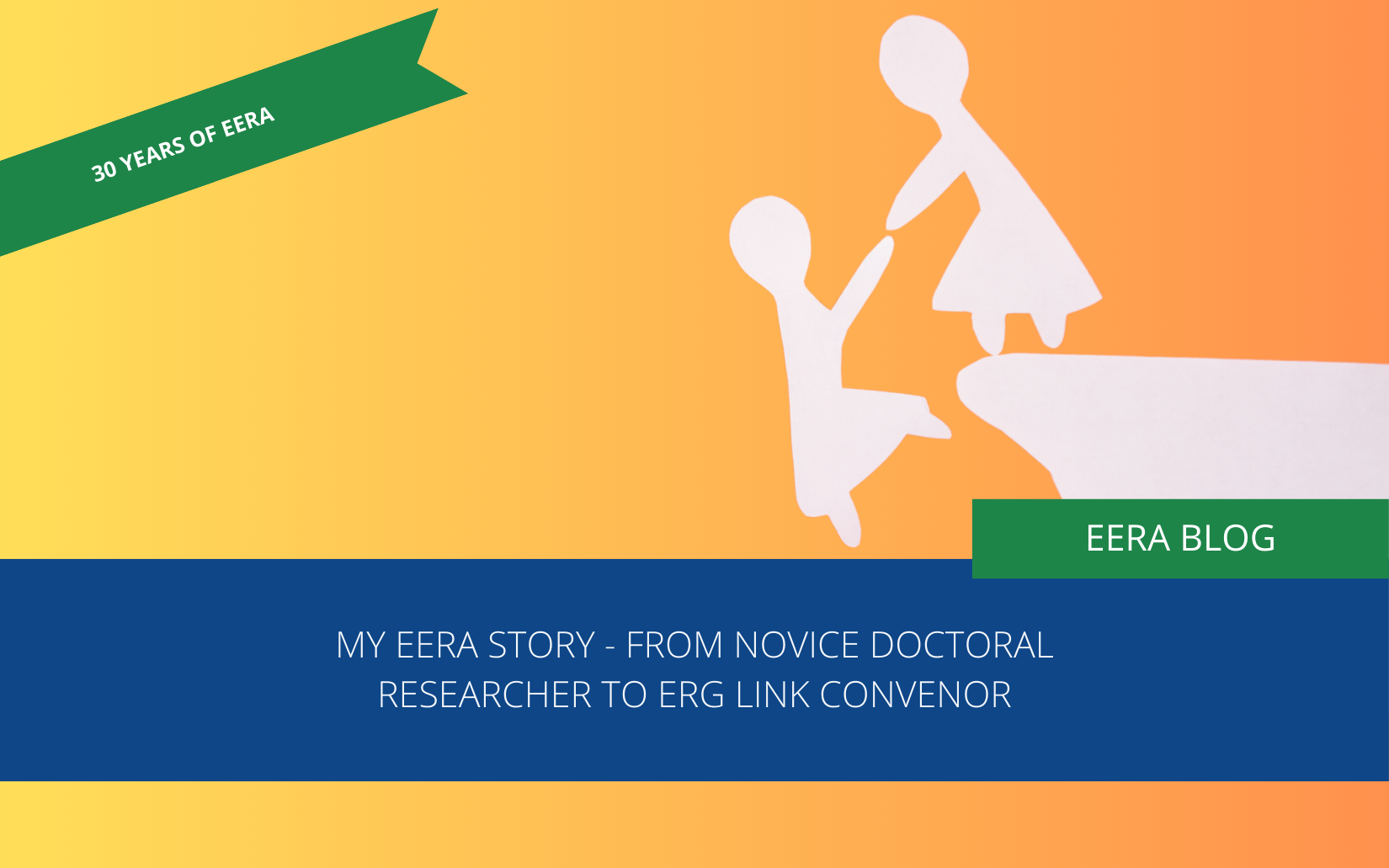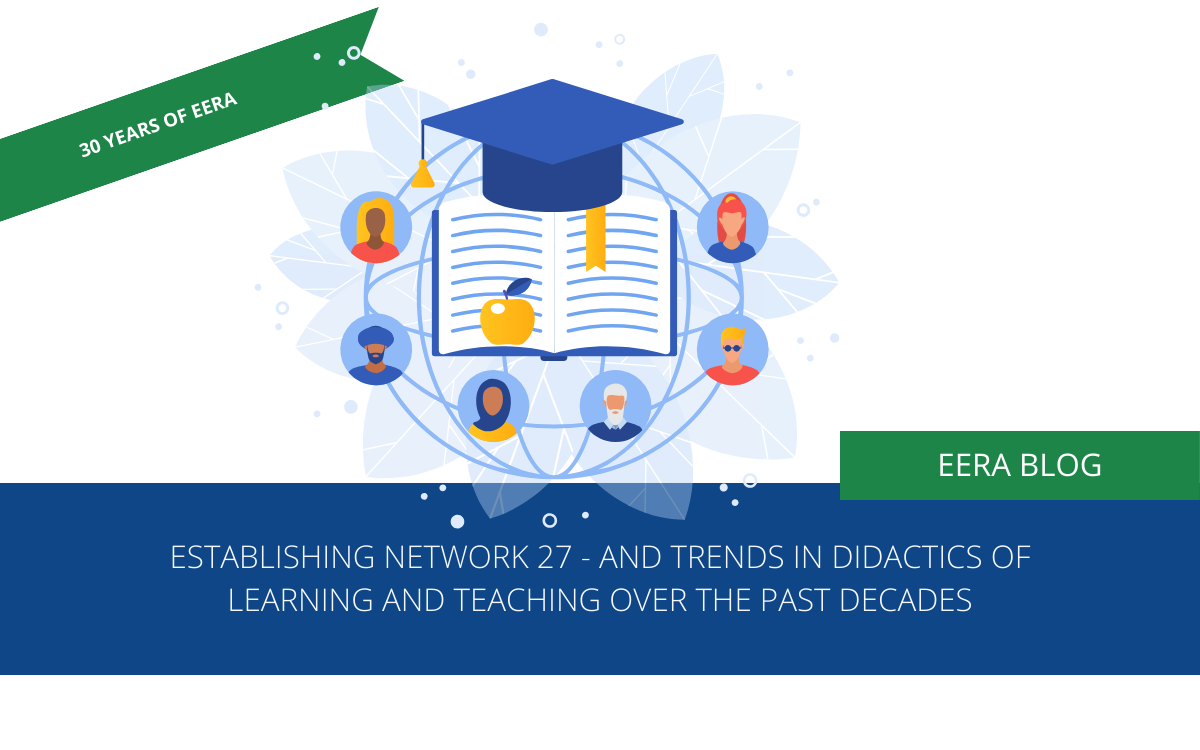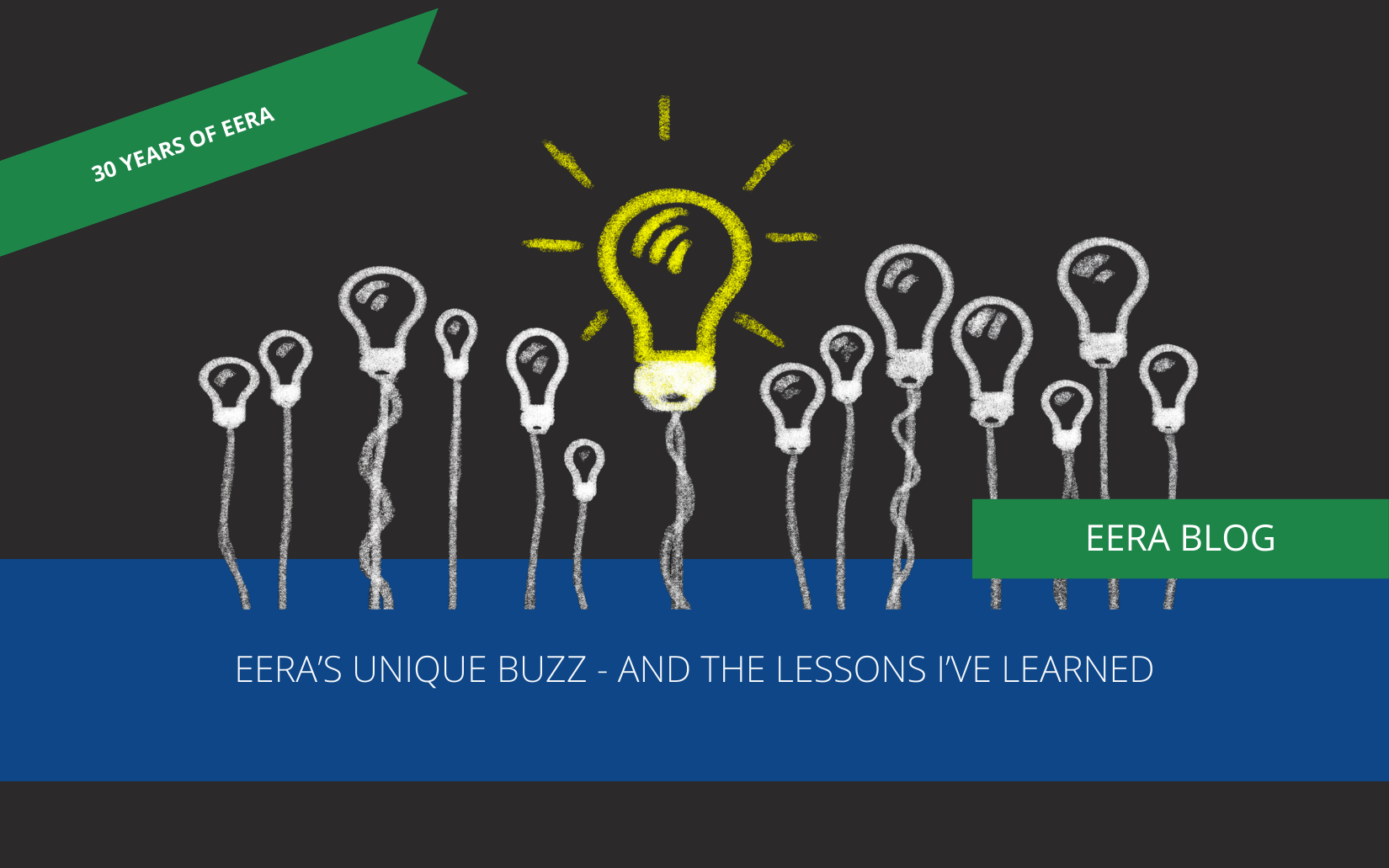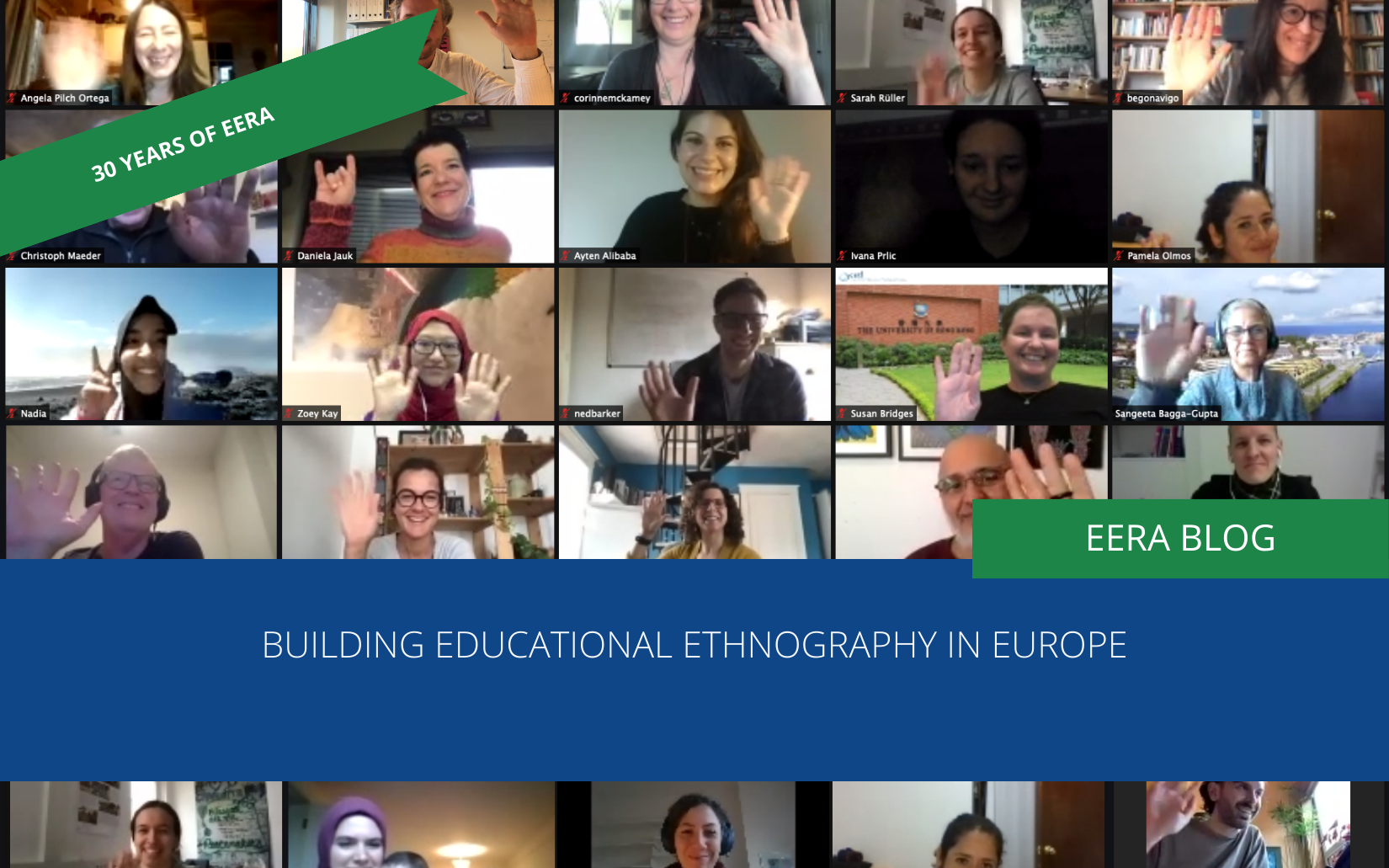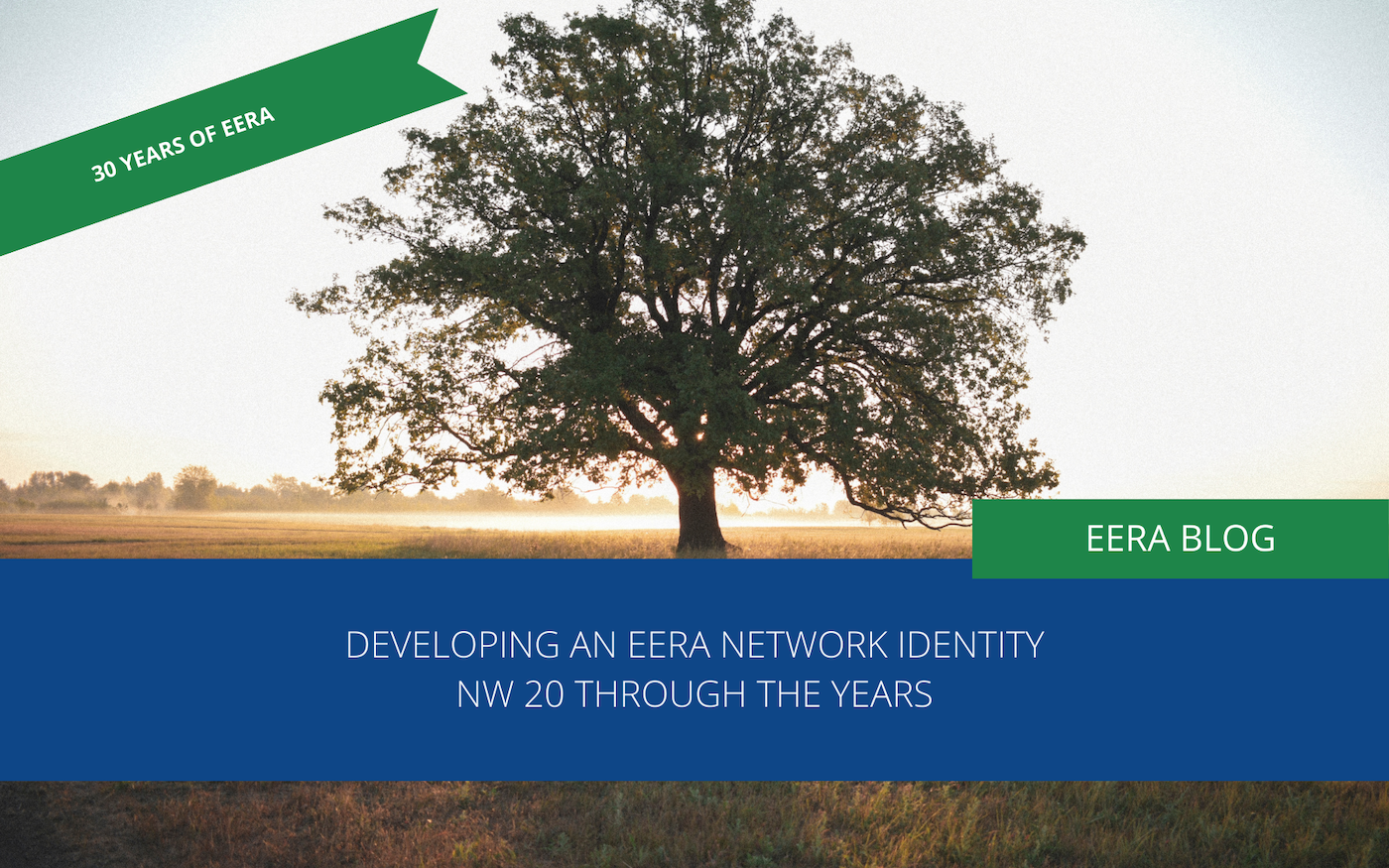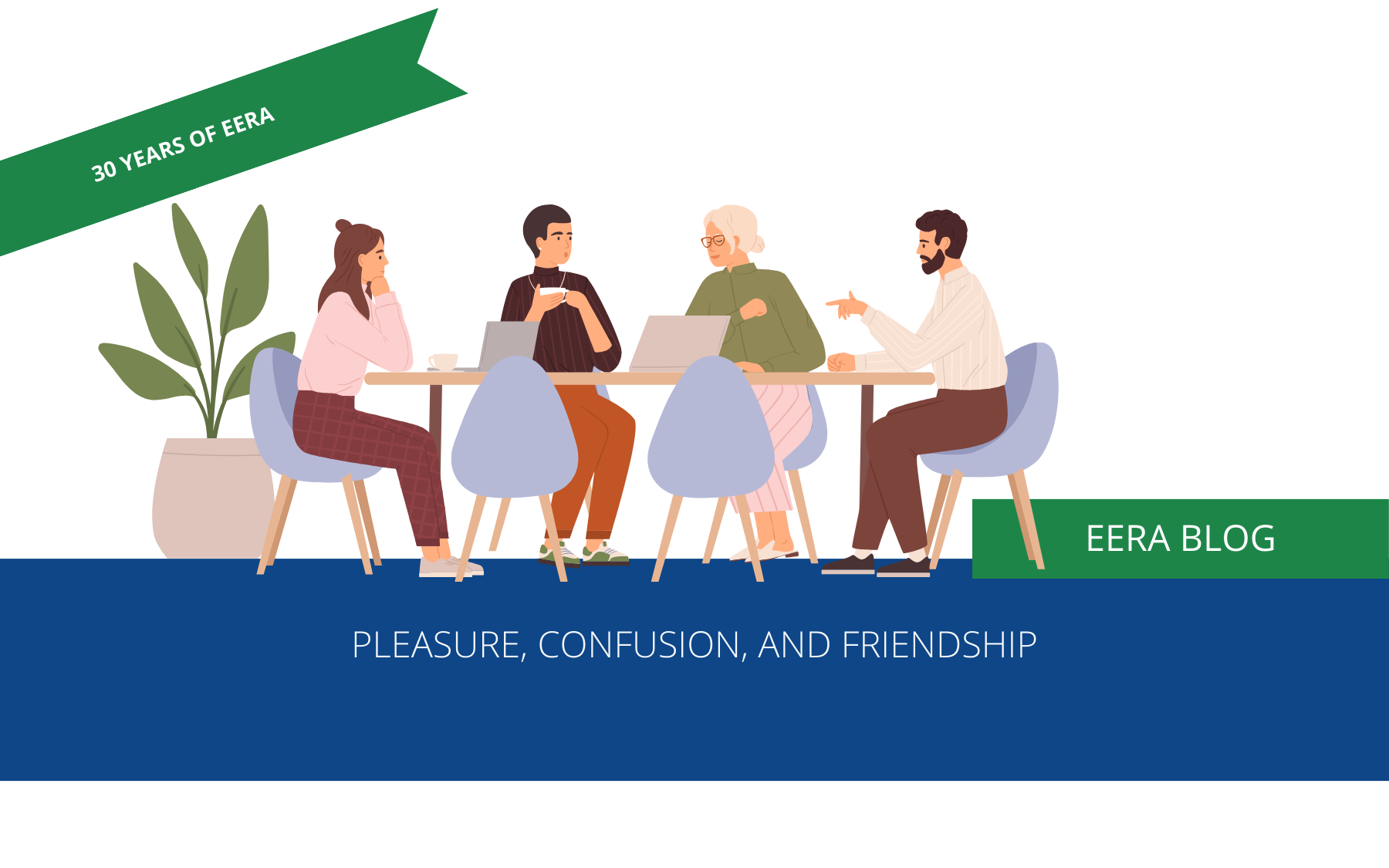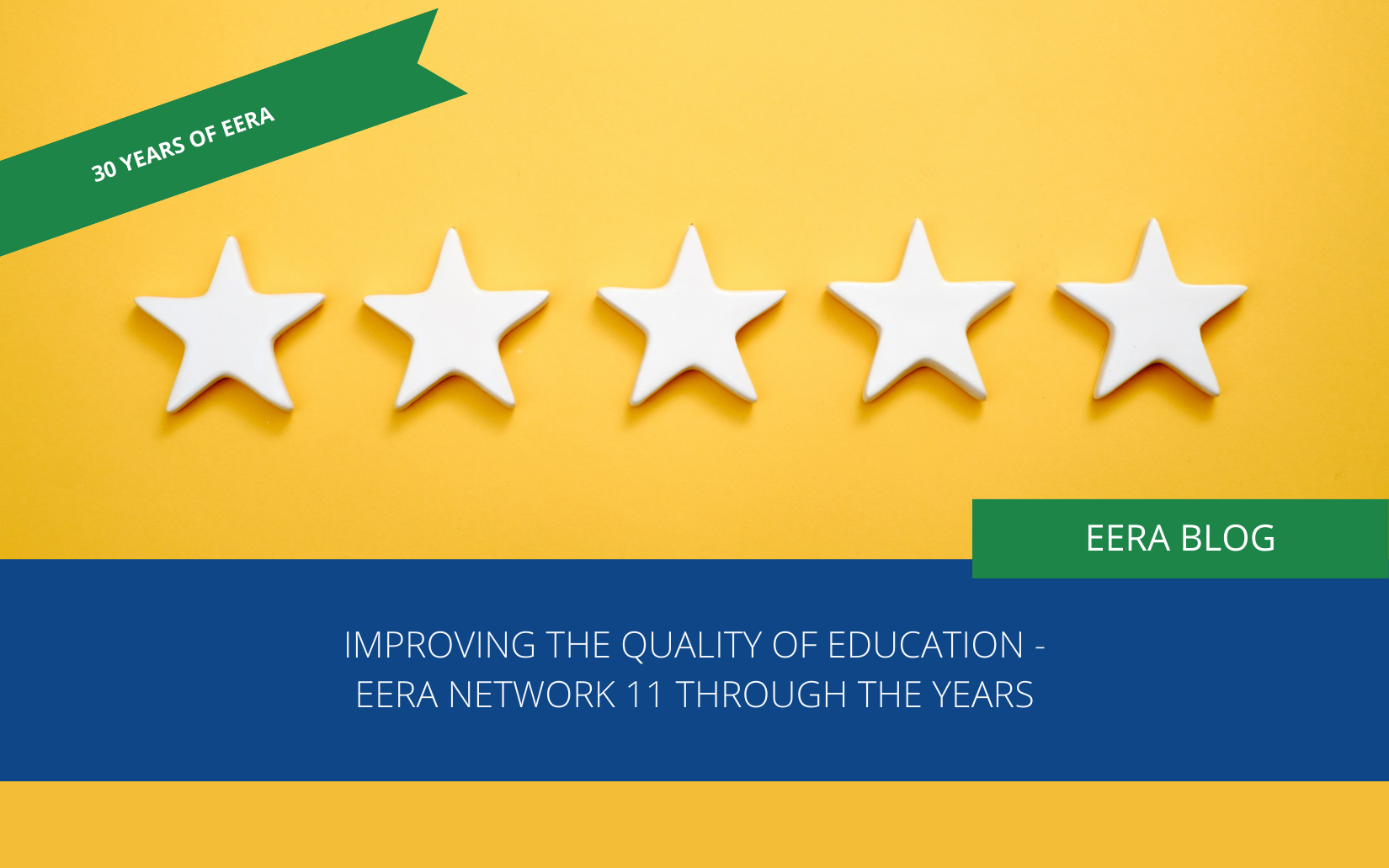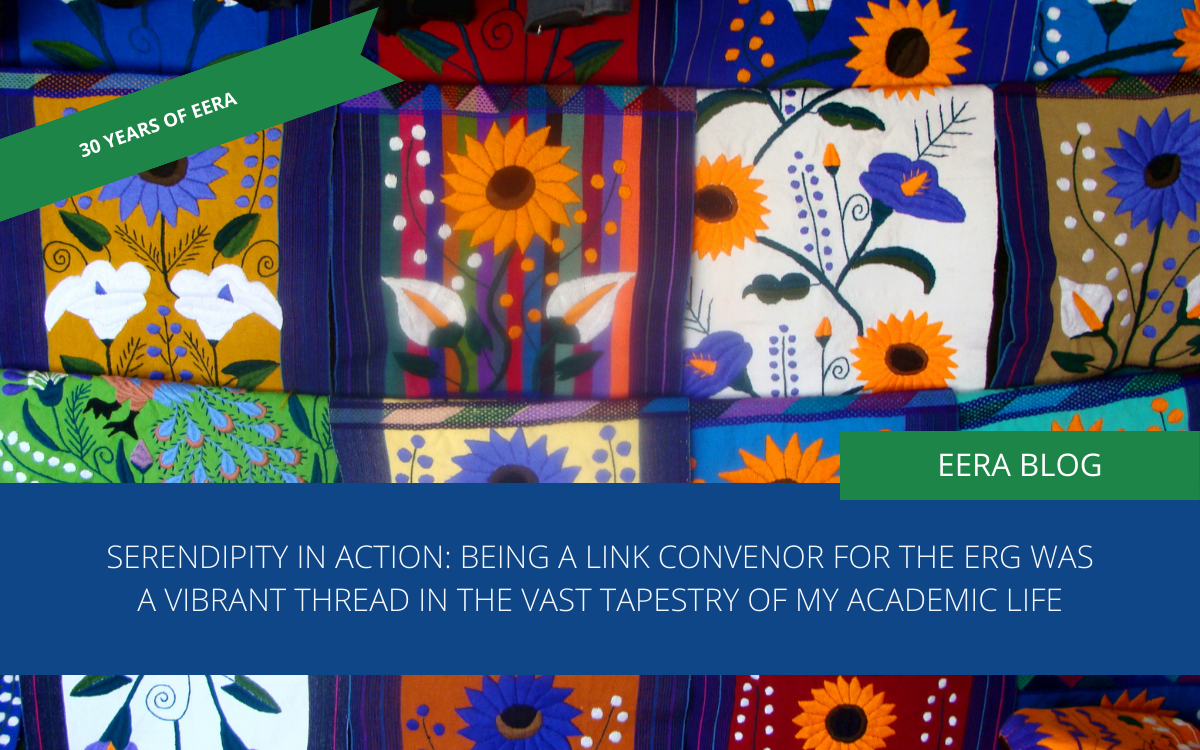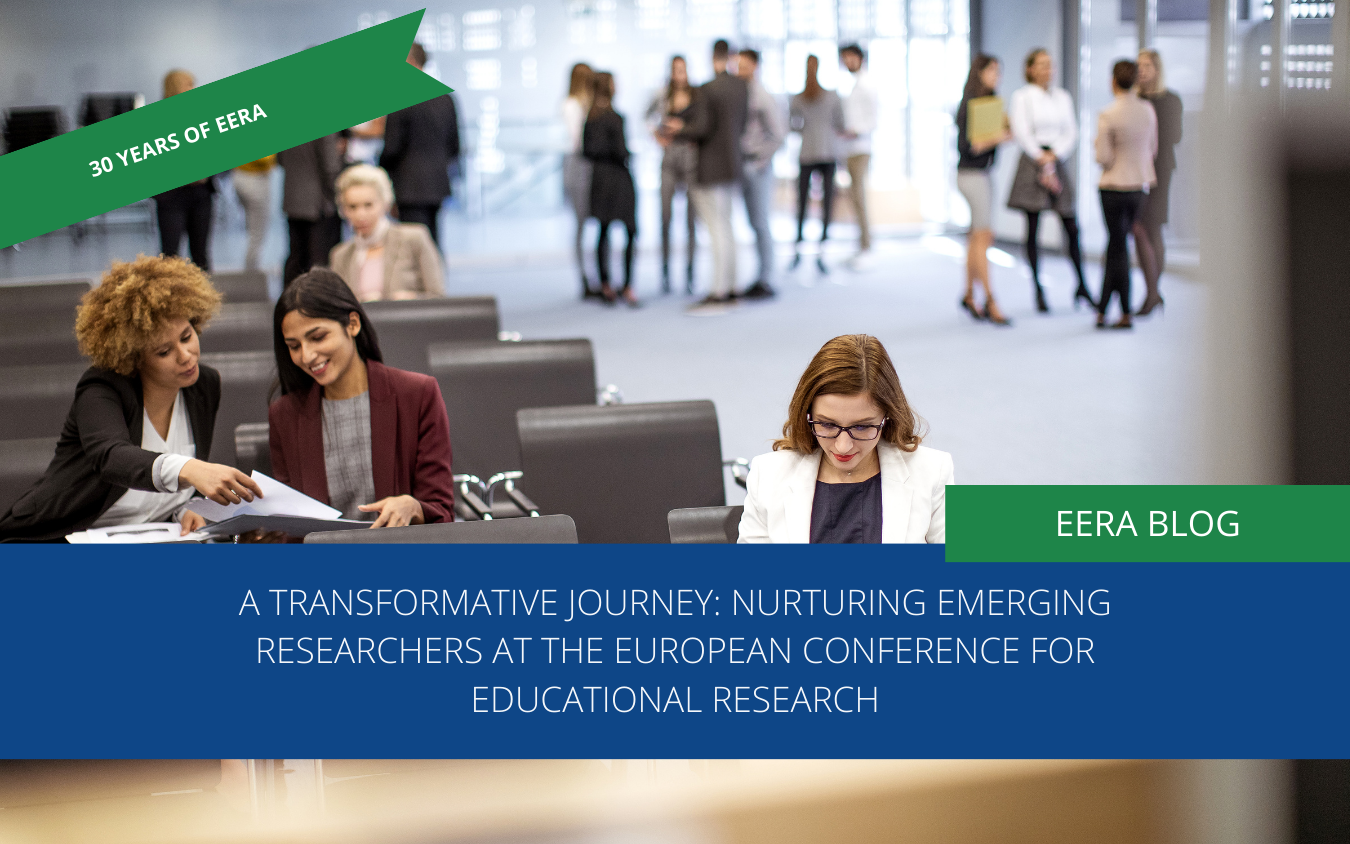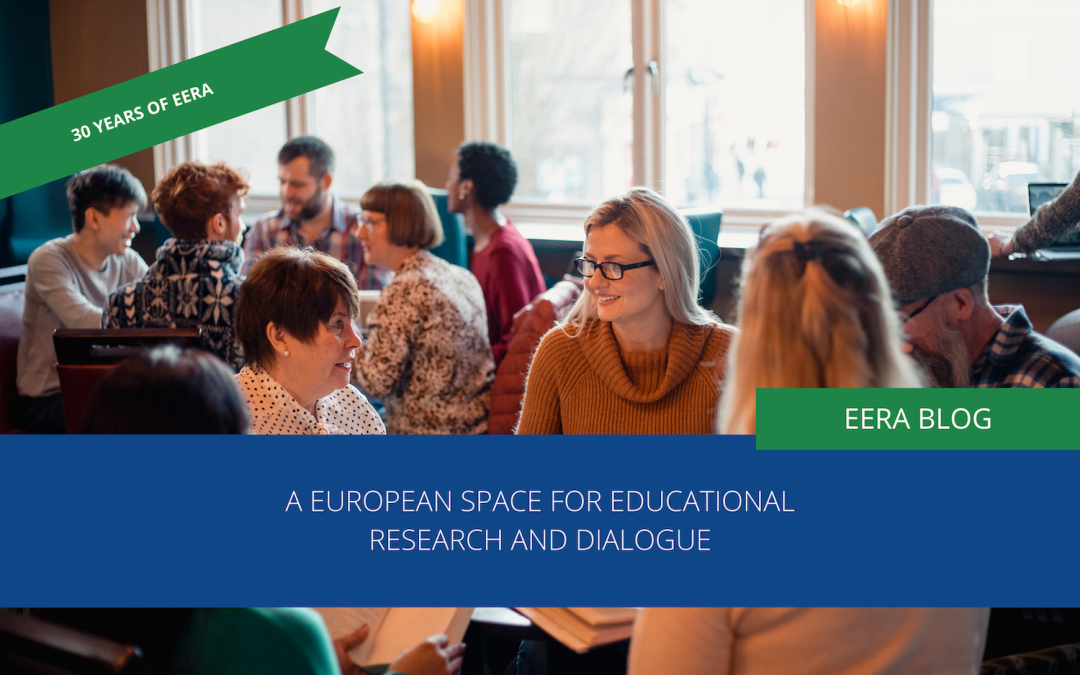
A European Space for Educational Research and Dialogue
EERA is celebrating 30 years in 2024, and as part of our anniversary celebrations, we have invited people who have been at the heart of the association to share their memories and reflections. In a series of blog posts, which will run throughout 2024, we will share those precious memories, from the people who helped foster the global EERA community.
In this blog post, Past Secretary General of EERA, Professor Lisbeth Lundahl reflects on the importance of EERA as an open and welcoming space for educational research and discourse.
Without a doubt, EERA has provided the most important access to and guidance for my journeys through the European and international research landscape. These journeys started in 1995 with a walk uphill to the University of Bath with my then five-year old daughter to the second European Conference on Educational Research (ECER).
By then, I had already attended a couple of gigantic conferences arranged by the American Educational Research Association (AERA) at the end of the 1980s. As a junior researcher, I found them fascinating, but the presentations were often difficult to relate to, at least those addressing education politics and policies. The American policy arena seemed quite different from the one I had analysed in my doctoral work on Swedish education politics. The European presentations at AERA were the ones that spoke to me directly, and the most substantial contribution of those early AERA conferences to my professional development was probably that they prompted me to start engaging with European educational policies and the associated research community.
The Bath ECER was followed by many others that fuelled my interest in positioning Swedish and Nordic education policy and politics in the European context. Network 23 (Policy Studies and Politics of Education) of the EERA became (and remains) a kind of European scientific home for me, facilitating countless professional exchanges and collaborations with international researchers, several of whom have also become personal friends over the years. For example, together with some 20 colleagues in Network 23, I participated in the large EU-funded Educational Governance, Segregation, and Inclusion in Europe (EGSIE) research project (1998- ), led by Sverker Lindblad at Uppsala University (later Gothenburg University). EGSIE offered extraordinary opportunities to deepen our understanding of educational policies in a range of European countries.
EERA Secretary General – and moving the EERA office to Berlin
In 2005, wishing to repay (at least partly) the EERA and colleagues for all that I had experienced and learnt from ECERs and Network 23, I accepted the position of EERA´s Secretary General for some years to come. One duty during this period particularly comes to my mind: managing a move of the EERA office from Glasgow to Berlin in 2007 – 2008 together with EERA´s President Ingrid Gogolin (University of Hamburg) and Treasurer Wim Jochems (Eindhoven University of Technology). This was a high-stakes project that aroused substantial nervousness in me, not least because the annual ECER had to be planned and conducted as professionally as usual in parallel with the move. It succeeded thanks to a combination of factors, including good collaboration within the EERA presidium, the organisation´s well-maintained finances, and generous support from the Glasgow office of the University of Strathclyde, the new host (Free University of Berlin), and the German Educational Research Association. We were also exceptionally fortunate when recruiting new staff to the Berlin office. Angelika Wegscheider and Daniela Preis (the first employees) have played and still play crucial roles in EERA’s stability and development. The present office team is a major component of the foundations that enable EERA to fulfil its intellectual missions.
The importance of EERA – promoting open dialogue and collaborations in an uncertain world
Developing a European dialogue on education and educational research is a central aim of EERA and its networks. The importance of this aim will not diminish. In an uncertain and threatening world, a core element of EERA’s mission is to enable open and critical analysis of possible and desired contributions of educational research. Stimulating new research collaborations, in many cases multi-disciplinary, to help efforts to meet the growing challenges of climate change and social crises is another key task.
Helping development of a European dialogue is a central aim of EERA and its networks, which they have now been pursuing for 30 years. I am confident that professional, respectful, and stimulating dialogue will continue, and that new younger researchers will experience EERA as a scientific home as I did and still do.
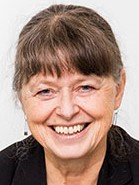
Professor Lisbeth Lundahl
Senior Professor at Umeå University in Sweden
Lisbeth Lundahl is a senior professor at Umeå University in Sweden, served as the Secretary General of EERA from 2005 to 2008. Her research primarily focuses on education policy and governance, youth policy, and the educational trajectories of young people.
She has been the Principal Investigator for several large research projects, with the most recent being ‘Moving On: Youth Attending an Introduction Program and Their Career Support in Varying Local Contexts’ (2018 – 2023). Lundahl is a co-founder of the Swedish Educational Research Association (SWERA), established in 2013.

